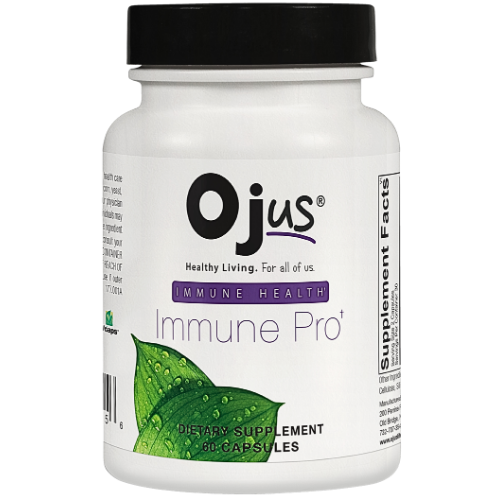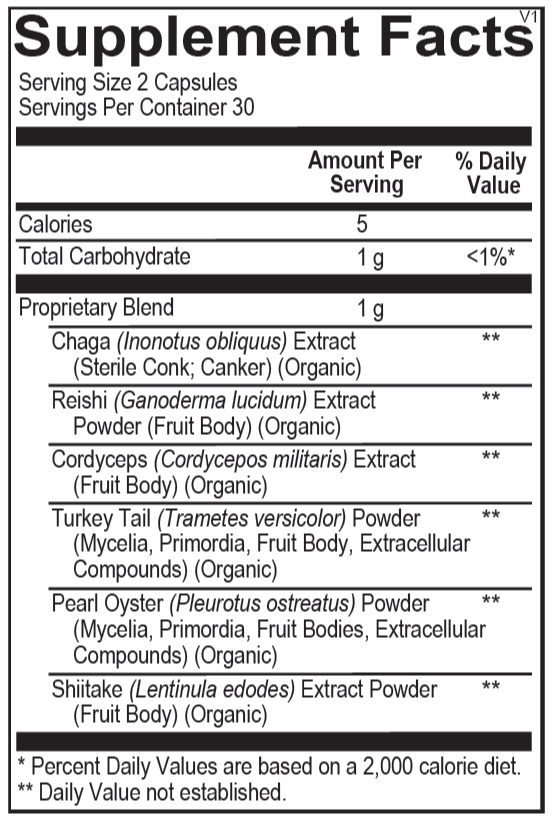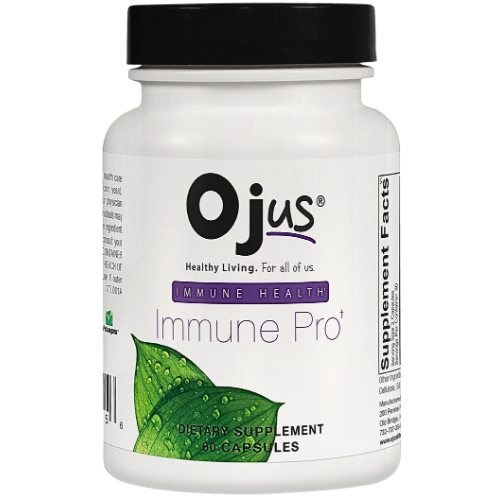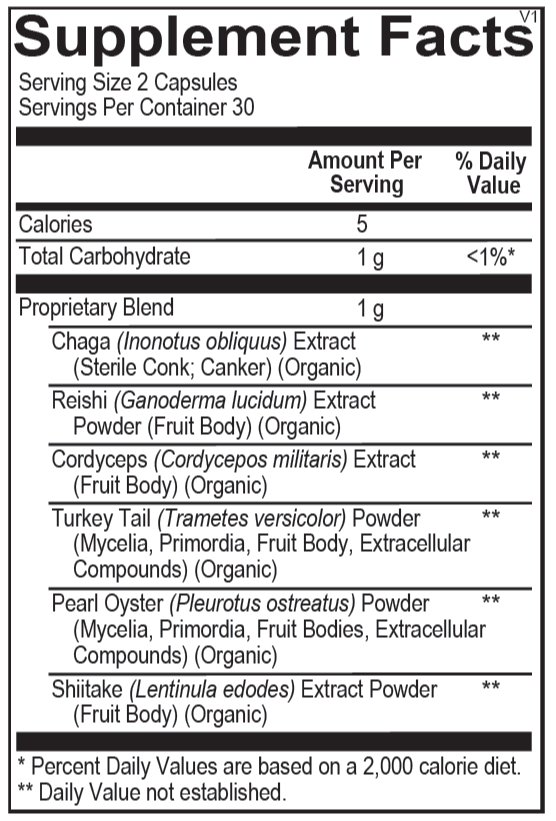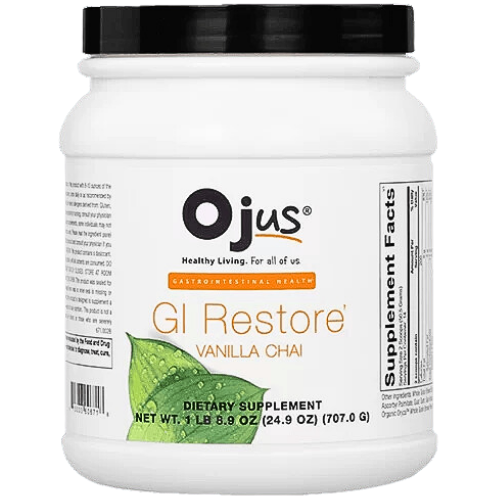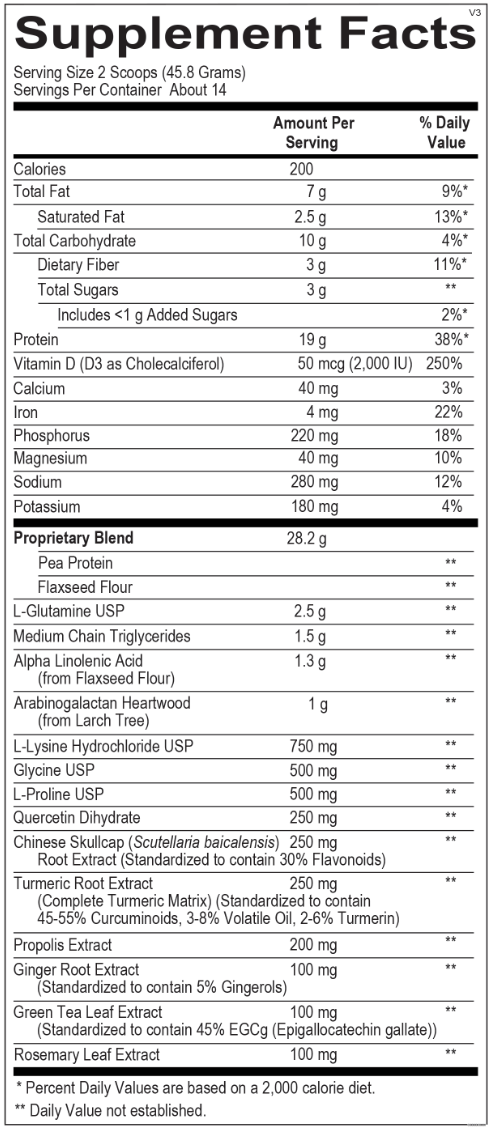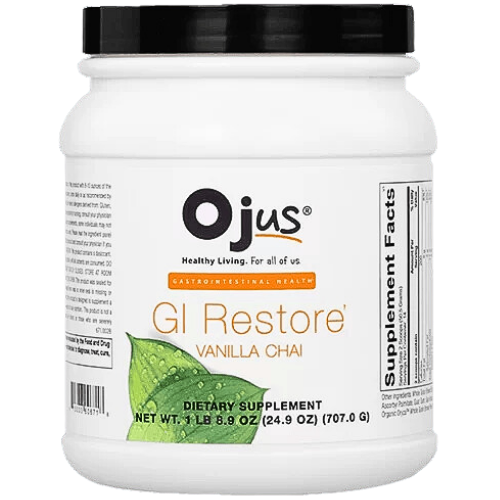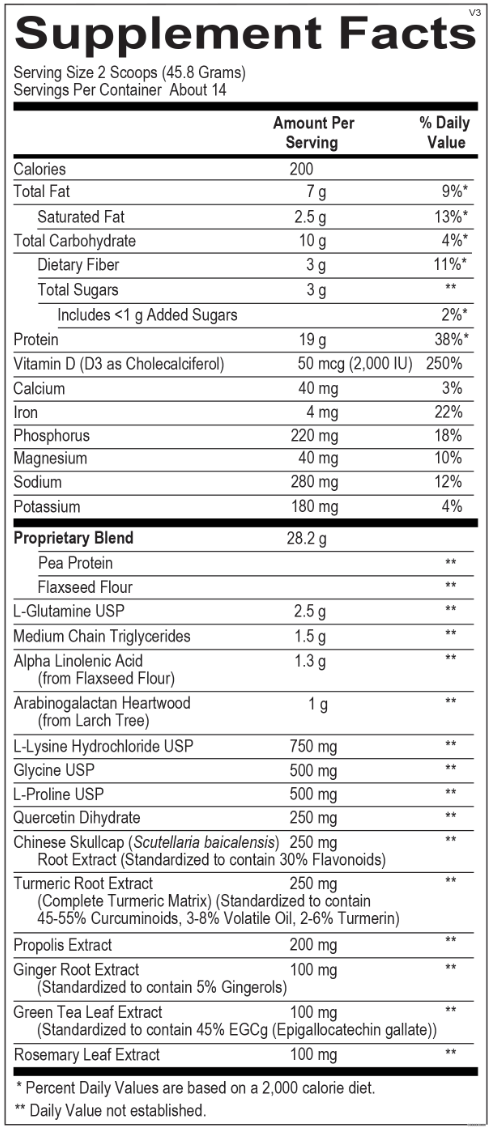
PCOS Diet Plan
Dr Anita NischalTable of Contents
| We all know that our eating habits affect our gut health and overall body. But, do you know that these eating lifestyles can impact PCOS as well? Dietary and lifestyle changes are crucial aspects for managing PCOS. Let’s dig deep into the PCOS diet plan below: |
Understanding PCOS
Adopting the right eating habits is one of the major things that you can do to manage your PCOS. You can treat heart disease, balance your hormones, merely by changing the way you eat.
PolyCystic Ovarian Syndrome is a lifestyle ailment that disturbs roughly 10% of women of reproductive age. This is linked with insulin resistance in which the pancreas produces too much insulin leading to increased blood sugar levels and diabetes. Also, PCOS disturbs infertility and complications in conception and is experienced by 1 out of every 10 women of childbearing age.
Insulin plays a noteworthy role in PCOS, so handling insulin levels with a PCOS diet is vital for managing the condition. Furthermore, this disorder affects 6% to 12% of American women of reproductive age. It affects a hormonal imbalance, typically an upsurge in androgen (male hormones) and results in symptoms such as irregular periods, thinning hair, and lack of ovulation, acne, excess growth of the hair, and infertility.
PCOS & Diet
Researchers predict that avoiding dairy or gluten is the major thing to adopt in a PCOS treatment diet. However, it is not prudent to amend an entire food group from your diet as that can lead to create stress around meal preparations and mark nutritional balance and also generate binge eating.
For PCOS diet, level your sugar in the food and cut out on white sugar, soft drinks, maple syrup, desserts, candy, and fast food. Besides, women who drink too much and have sweet tooth need to avert the same to abide by the PCOS diet plan.
The elementary strategies for a PCOS diet are to emphasize on whole grains, fresh produce, and plant-based proteins.
In terms of vitamins and nutrients, B12 and B9 are generally present in insufficient amounts. The deficiency of Vitamin D is also connected with depression, PCOS, and insulin resistance.
Which Nutrient Deficiency Causes PCOS?
For a polycystic ovary syndrome diet, you must not be deficient in the following nutrients:
| Nutrient | Benefits | Foods |
|
Magnesium
|
It helps in metabolism, blood sugar levels, blood pressure, and muscle function.
|
|
|
Vitamin D
|
For the regulation of reproductive hormones such as Follicle-Stimulating Hormone (FSH), progesterone levels, and Anti-Mullerian Hormone (AMH) which can affect pregnancy and reduce insulin resistance and improve blood sugar levels.
|
|
|
Zinc
|
Zinc helps regulate the menstrual cycle and promotes fertility. Zinc & Magnesium are capable of reducing PCOS symptoms like acne, hair loss, high testosterone, and inflammation. |
|
|
Vitamin B12
|
B12 vitamins help in carrying red blood cells oxygen in the body. The deficiency can lead to tiredness. |
|
|
Vitamin E
|
Regulates the balance between antioxidant and oxidant systems and could improve endometrial (Inner lining of the uterus ) thickness in women with unexplained infertility. |
|
|
Calcium
|
Calcium is an imperative micronutrient and supports in the areas of female reproductive development and even infertility. |
|
|
Chromium
|
Chromium aids insulin in the body. |
|
|
Selenium
|
Selenium is essential against oxidative stress and needed for the development of the reproductive system.
|
|
Best Diet Plan For PCOS
The best diet for PCOS entails protein, folic acid, and B12. Additionally, a PCOS treatment diet can reduce inflammation and the chances of ovulation may be augmented. Also, replacing animal fats with fish or vegetable sources is good for a PCOS diet. Salmon contains protein and omega-3 fatty acids that can help you with a PCOS diet plan.
Folic acid is acknowledged to thwart neural tube (spinal cord) faults in babies and is regularly suggested when trying to conceive. Add Folic acid (400mcg-1mg), green leafy vegetables (spinach, bok choy, parsley, romaine lettuce) to your polycystic ovary syndrome diet. Also, adding eggs, cheese, and milk products can aid in a PCOS diet plan.
What Not To Eat When You Have PCOS?
The quantity and quality of carbohydrates are significant. Women with a lesser general carbohydrate intake have a better chance of ovulating, irrespective of body mass index (BMI) or exercise.
Complex carbohydrates (whole grains) are a minuscule selection; examples comprise legumes, quinoa, brown rice, steel-cut oats. Refined carbohydrates (white rice, white potatoes, corn syrup, honey, fruit juice) leading to rapid blood sugar spikes must not be included in the best diet for PCOS.
Trans fats (hydrogenated oils) are inflammatory and can create insulin resistance.
Lifestyle Changes To Adopt For PCOS
Adding certain lifestyle changes along with the best diet for PCOS can also support people with PCOS conditions. Research has exposed that uniting a PCOS diet with physical activity can help with:
- Weight loss
- Enhanced insulin metabolism
- More regular periods
- Abridged levels of male hormones and male-pattern hair growth
- Worse cholesterol levels
Behavioral policies can help women attain the weight management areas that, in turn, benefit in managing PCOS symptoms. These observers embrace:
- Goal-setting
- Social support networks
- Self-monitoring techniques
- Caring for psychological well-being
Also, reducing stress through self-care practices like getting enough sleep, evading over-commitment, and handling time to relax, can help you to manage PCOS. In addition to above-mentioned lifestyle changes, you can add the Natural Balance supplement to address the requirement for healthy hormone levels.
Read More
The best diet for PCOS includes natural, unprocessed foods, high-fiber foods, fatty fish, kale, spinach, and other dark, leafy greens, dark red fruits, such as red grapes, blueberries, blackberries, and cherries along with broccoli and cauliflower.
To lose weight, you must reduce your carb intake, eat enough fiber, protein, healthy fats, and fermented foods and follow the PCOS Diet plan. Practice mindful eating, limiting processed foods and added sugars, and reducing inflammation can help with weight loss.
Yes, a plant-based diet can be effective for weight loss and can contribute to alleviating PCOS symptoms.
Although lean proteins like tofu, chicken, and fish don’t provide fiber but are very satisfying and a healthy dietary choice for women with PCOS. PCOS diet plan for pregnant ladies includes tomatoes, kale, spinach, almonds, and walnuts. Also, you can take olive oil, fruits, such as blueberries and strawberries, fatty fish high in omega-3 fatty acids.
Yes, you can battle PCOS symptoms with an accurate blend of PCOS diet, exercise, and lifestyle choices. The ketogenic diet may be one of the finest diets for women with PCOS since it decreases insulin levels and insulin resistance
No, eggs are a good source of protein. Thus, they are an important part of a PCOS diet.



